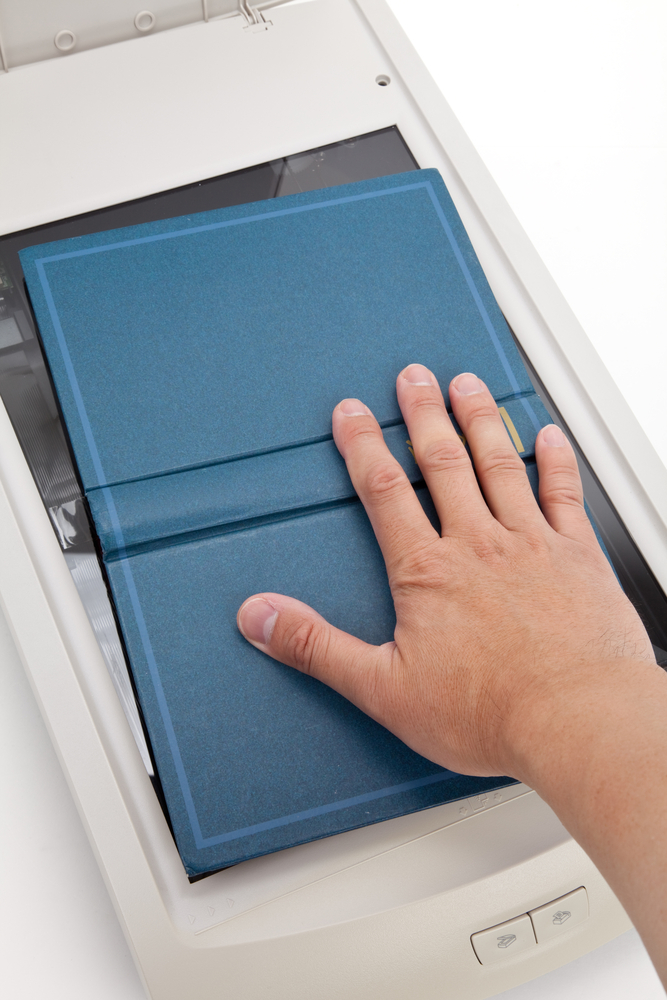
Judge rules Google's scanning of books is not illegal
There is nothing wrong with Google scanning millions of book and making that text available as snippets in search results. This is the ruling made today by a judge in New York, bringing to an end an eight year legal battle between Google and The Authors Guild in conjunction with several specific authors. Starting back in 2004, Google has scanned more than twenty million books -- and permission was not obtained from the copyright holder in many cases.
A class action lawsuit was launched against Google back in 2005, but in New York, U.S. Circuit Judge Denny Chin has ruled that there is no copyright infringement and that Google's book scanning qualifies as fair use. Among the named writers were former New York Yankees pitcher Jim Bouton, The Trouble with Thirteen author Betty Miles, and legal author Joseph Goulden.
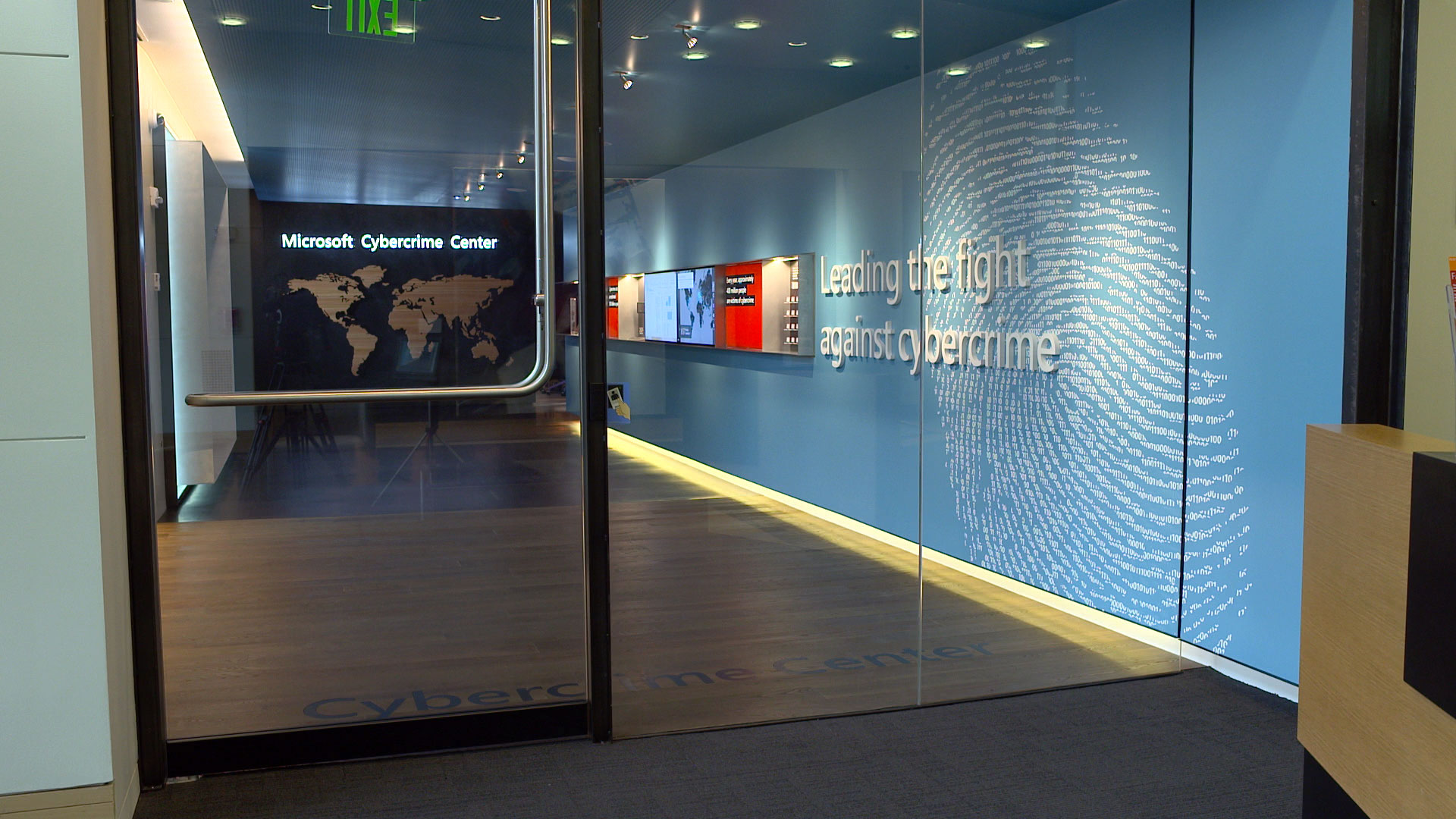
Microsoft turns to crime (in a good way)
Don't panic, Redmond isn't after your credit card details -- well, no more than usual. Microsoft has announced the opening of a new Cybercrime Center to combine its legal and technical expertise with cutting-edge tools and technology in the fight against crime on the internet. The center will tackle a wide range of crimes including malware, botnets, intellectual property theft and online child exploitation.
"The Microsoft Cybercrime Center is where our experts come together with customers and partners to focus on one thing: keeping people safe online," says David Finn, associate general counsel of the Microsoft Digital Crimes Unit. "By combining sophisticated tools and technology with the right skills and new perspectives, we can make the Internet safer for everyone".
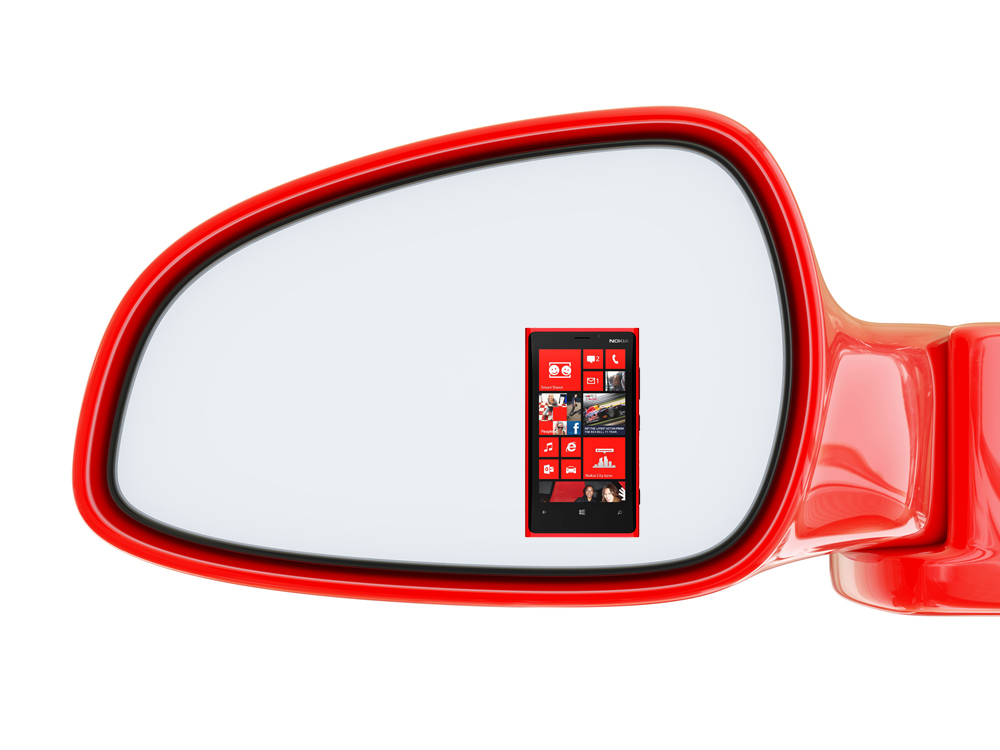
Windows Phone still has a long way to go before threatening Android or iOS
Windows Phone may be the fastest growing major smartphone platform, but its market share still has a long way to go in order to become an imminent threat to Apple's iPhones, let alone Android smartphones. The latest IDC Worldwide Mobile Phone Tracker report shows, once again, Microsoft's tiled mobile OS in the same distant third place, far behind its more popular rivals, despite the impressive 156 percent year-over-year growth in shipments from Q3 2013.
"Android and Windows Phone continued to make significant strides in the third quarter. Despite their differences in market share, they both have one important factor behind their success: price", says IDC research manager Ramon Llamas. "Both platforms have a selection of devices available at prices low enough to be affordable to the mass market, and it is the mass market that is driving the entire market forward". That difference in market share that Llamas mentions is a whopping 77.4 percentage points, between Android's 81 percent and Windows Phone's mere 3.6 percent; put differently, Android shipments (211.6 million units) were 22.27 times higher than those of Windows Phones (at 9.5 million units).
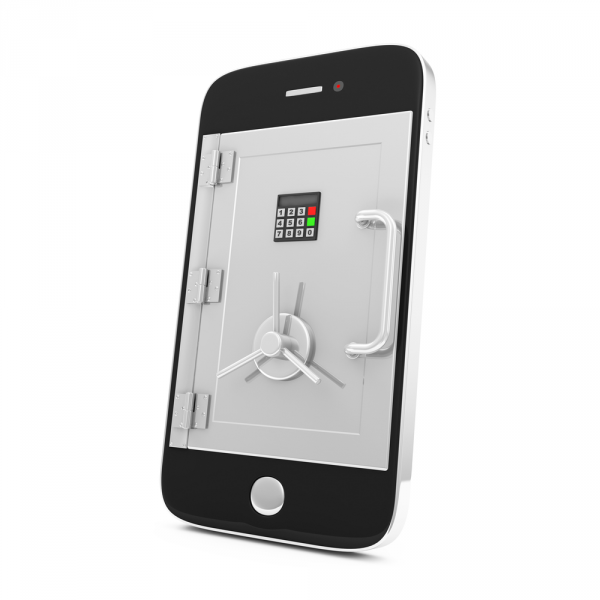
Samsung partner program extends KNOX to the enterprise market
Launched earlier this year in Barcelona, KNOX, as we reported at the time, is a secure Android platform powering Samsung Galaxy devices. It's designed to strengthen Android by using hardware features to provide the highest level of protection. KNOX is aimed at offering security whilst remaining manageable and addresses the need to separate work and play on the same device.
With the launch of a partner program, Samsung is helping resellers and independent software vendors to provide extra value for their customers and extend the benefits of KNOX to the enterprise market. It provides partners with assets, resources and training to help them provide support for Samsung devices. Compatibility is included for existing master data management (MDM) solutions to allow resellers to offer a complete solution or work with existing installations.
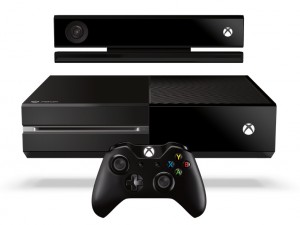
Microsoft shows what it's like to actually use the Xbox One
The battle between Microsoft’s Xbox One and Sony’s PlayStation 4 is set to begin later this month. At BetaNews we’re still split as to which console we think is best, leading to some spirited debates in the newsroom.
To try and persuade potential buyers to choose the Xbox One, and get pre-orderers even more excited, Microsoft has released a 12-minute video showing exactly what it’s like to use its new console, and frankly it looks amazing.

Should you trust Google with your identity?
I tell BetaNews writers that when assessing anything ask: Who benefits? Then: Who benefits first? Both questions are top of mind as I absorb yesterday's stunning YouTube changes: Integration with Google+ comments.
Commenting is an ongoing debate in our newsroom. I have long advocated that we eliminate anonymous responses to stories. I'm identified. Why shouldn't commenters claiming I "pull ideas out of a monkey's ass" also be identified? I stand naked in the light, while they cower in darkness. But in wake of whistleblower Edward Snowden's stunning disclosures about NSA spying and corporate giants seeking more information about us -- yes, I wash both hands after peeing, thank you very much -- my views about anonymity are changing. I can't control the NSA but can exercise limited restraint with Google. I begin by asking about YouTube identified commenting: Who benefits first?
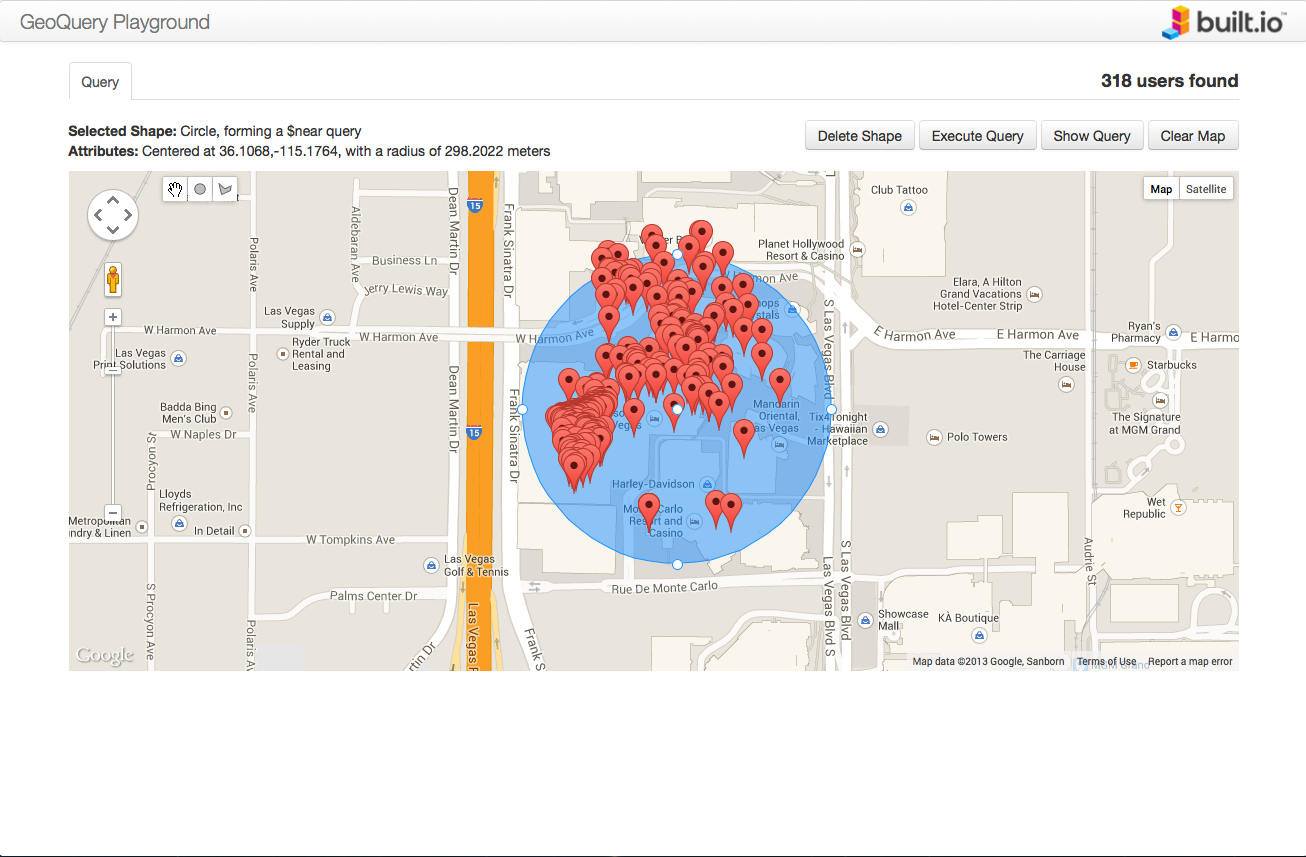
Develop enterprise mobile apps in record time with built.io
With the increasing trend towards using mobile devices in the workplace, IT departments sometimes struggle to keep up with demand from their users. As we've seen elsewhere, this can lead to employees using unauthorized software.
Companies interested in speeding up the build time for mobile apps will want to take a look at San Francisco-based raw engineering’s built.io product which comes out of beta and is generally available from today.
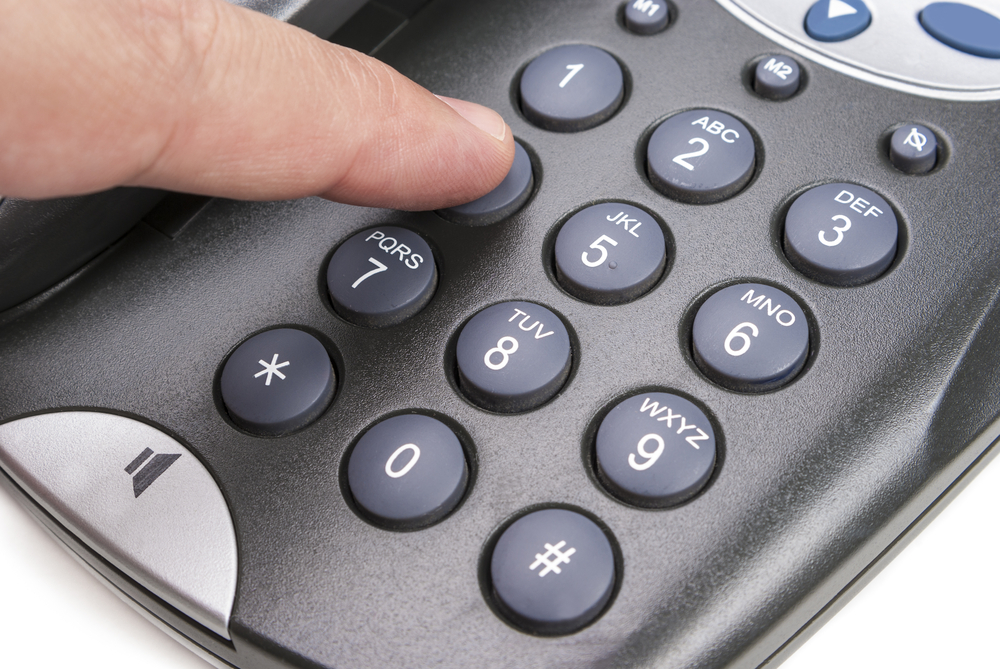
Google planning to use your Google+ profile image for caller ID
Google is going to start displaying Google+ Photos as caller ID images from early 2014. The new feature will be enabled by default for anyone who has a verified phone number associated with their Google account.
This means that should you get a call from someone you have circled on Google+, but have not added to your phone's address book, you will still be able to see who they are -- or at least be able to see whatever their most recent Google+ profile image is.
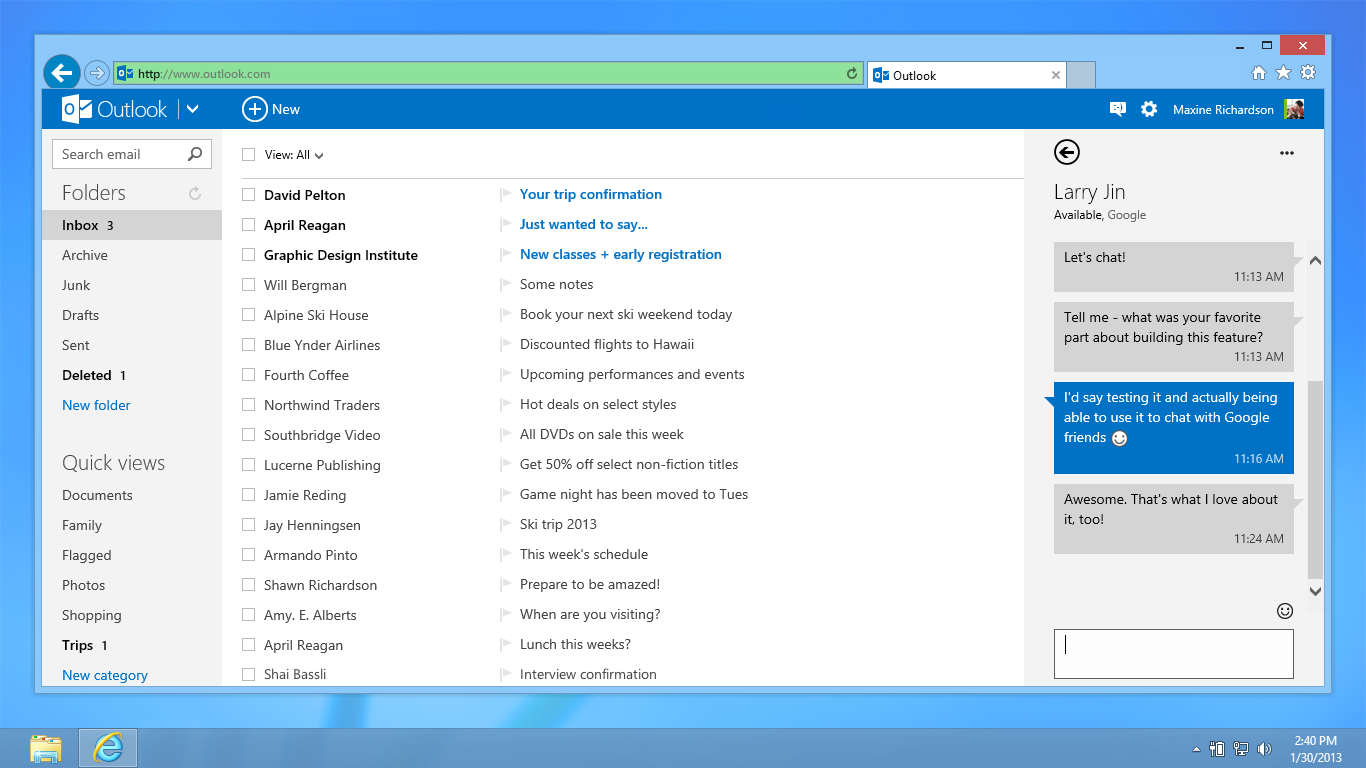
The good and bad of Outlook.com, more than one year after its launch [Review]
In late-July 2012, Microsoft launched Outlook.com, a new consumer-oriented email service set to replace the cluttered and dated Hotmail. Its long-term mission would be to take on Google's prevalent Gmail and establish itself as a product with widespread appeal. By grandfathering-in those who used Hotmail, Microsoft announced, in early-May 2013, Outlook.com had reached 400 million users.
I delivered my review of Outlook.com two days after its launch. My impressions were positive for a product that, at the time, was still undergoing testing (the official public launch happened in late-February 2013). Still, I concluded that the service was not up to par with Gmail, because it was missing key functionality. But lots of things have changed in the meantime, which is why I decided to write this long-term review of Outlook.com, outlining the most important changes and detailing the positives and negatives of the service, now that it has reached maturity.

In UK supermarket Tesco, the adverts are watching you
After the launch of its own brand tablet, the Hudl, UK supermarket Tesco is hitting the headlines for another reason. We are all used to the irksome familiarity of watching adverts on TV and online, they are hard to avoid. But the retailer is turning things on their head slightly by introducing advertisements that watch customers.
Well, that's not strictly true, but it's an interesting way of looking at what is happening. Just as the likes of Google tailor advertisements to web users, Tesco is looking to ensure that the ads its customers see are relevant. The fuel stations found at many branches of the supermarket are soon to be home to personalized ads courtesy of Amscreen.
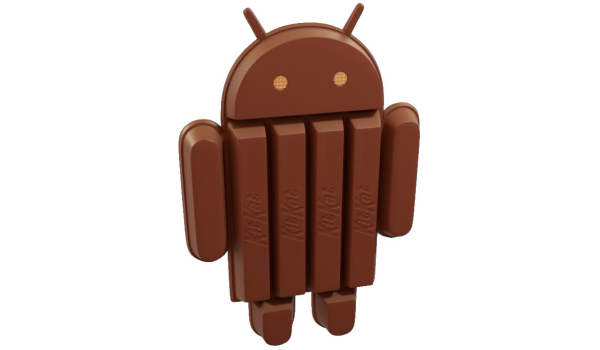
Which Android smartphones and tablets will get the KitKat upgrade?
After a long string of leaks and rumors, Google has officially launched Android 4.4 KitKat. The new mobile operating system, that has debuted alongside the Nexus 5, focuses on polishing the overall user experience, adding new features and improvements aimed at both entry-level and high-end devices. As usual, the big question is: When will your smartphone and/or tablet get the upgrade?
Google was among the first companies to reveal its plans for the upgrade. The search giant has announced that Android 4.4 KitKat will soon be available for the Nexus 4, Nexus 7 and Nexus 10, as well as the Google Play editions of the HTC One and Samsung Galaxy S4 in the following weeks.

I hate to sound like an Apple apologist, but...
Google groupies make too much of third quarter tablet shipment estimates released yesterday. By IDC's reckoning, Apple's global share fell from 40.2 percent to 29.6 percent year over year. Meanwhile, Samsung soared from 12.4 percent to 20.4 percent share. The whole Android market grew at iPad's expense -- that's the popular contention smirked across the InterWebs. Yeah, right.
Apple apologists are quick to give the money rebuttal whenever market share tides turn against the products -- that the fruit-logo company earns more per device than rivals, sometimes all of them combined. The revenue rebuttal is exhausting for being so predictable but often also it's right and no truer than the tablet market. Q3 share numbers make lots of sense behind CEO Tim Cook's shocking decision to raise iPad mini 2 prices by $70 over the original -- that's about 22 percent. Profit share is his priority.

Technology companies shouldn't neglect the importance of silver surfers
Silver surfers are a more important market than generations X and Y yet are often ignored by technology companies according to new research by Gartner. With many markets now having an aging population, technology designers and marketers need to refocus on the opportunities offered by older users.
Speaking at Gartner Symposium/ITxpo on Australia's Gold Coast, vice president and Gartner Fellow David Furlonger says, "In recent years, technology decision makers have focused their work largely on the perceived wants and needs of younger demographics. They have created and sold products targeted explicitly at an already-saturated market of financially poor 'digital natives' in Generations X and Y. This emphasis on the young is unsurprising, since many technologists are themselves part of these younger age groups. However, it is a very serious mistake, because it neglects the most promising technology market demographic of all: the affluent, increasingly technologically sophisticated older generation we are calling the 'silver surfers'".
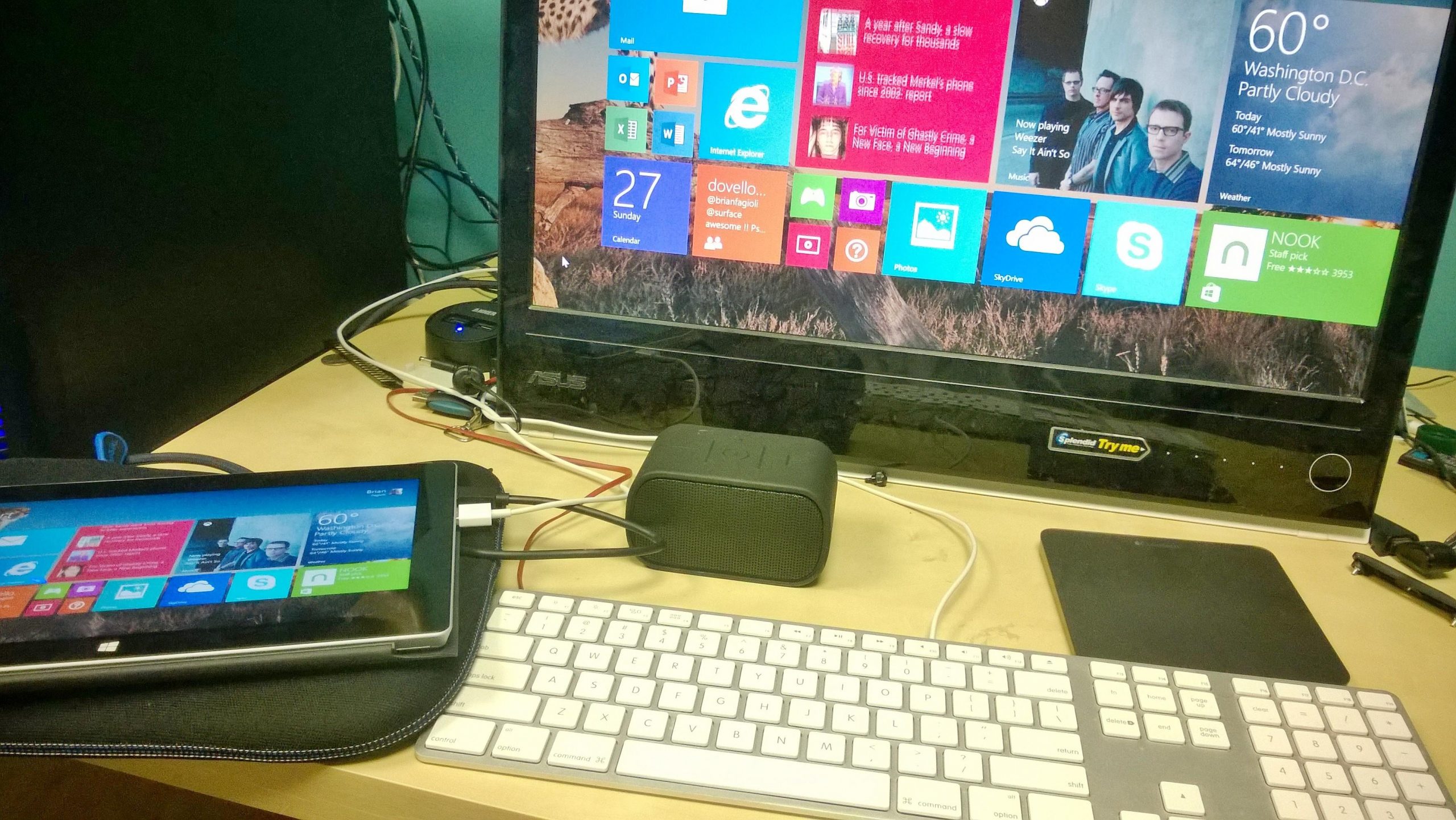
All-in with Microsoft, part 3 -- thoughts and conclusion
When I embarked on my Microsoft-only journey, I was scared. After all, my professional life and career depends on my use of technology. By limiting myself to only one company and its products, there could be room for more harm rather than good. However, I was also excited to try something new and share it with you.
In reality, people will not purposely restrict their choice in computing; they will choose the devices they want, regardless of brand. Quite frankly, many people mix and match brands and operating systems -- Windows laptop with an iPhone, iMac with an Android smartphone, etc. While I was using a Surface 2 with a Windows Phone in my experiment, that is not necessarily a common combination.
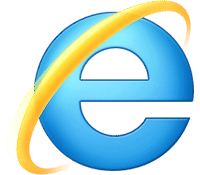
Internet Explorer vastly superior at defeating social engineering attacks
Security research firms frequently test browsers to see how good they are at protecting users from malware and phishing attacks. The results show you how secure (or otherwise) the latest versions are, but don't give you any real indication of how well they might perform in the future.
Identifying trends in performance is important, particularly for companies thinking of switching browsers, so NSS Labs evaluated the security of Internet Explorer, Chrome, Firefox and Safari by aggregating results from phishing and socially engineered malware (SEM) attack tests conducted between 2009 and 2013.
